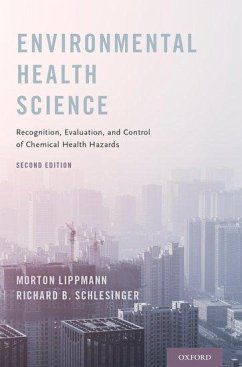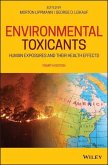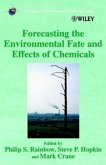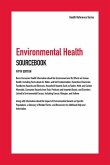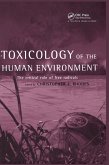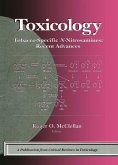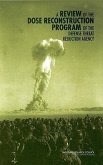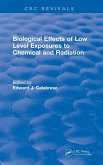Since the publication of the first edition of ENVIRONMENTAL HEALTH SCIENCE, preventing and treating acute and chronic disease caused by exposure to chemical health hazards has become even more central to the practice of public health. This fully revised and updated edition introduces students and practitioners to the concepts and terminology from chemistry, ecology, toxicology, and engineering necessary for identifying the sources of environmental contaminants;quantifying environmental levels and human exposures; and preventing and remediating environmental health hazards. Liberal use of figures and tables allows readers to visualize complex scientific phenomena and to understand their effects on every aspect of the environment from cells to entireecosystems.
Hinweis: Dieser Artikel kann nur an eine deutsche Lieferadresse ausgeliefert werden.
Hinweis: Dieser Artikel kann nur an eine deutsche Lieferadresse ausgeliefert werden.

